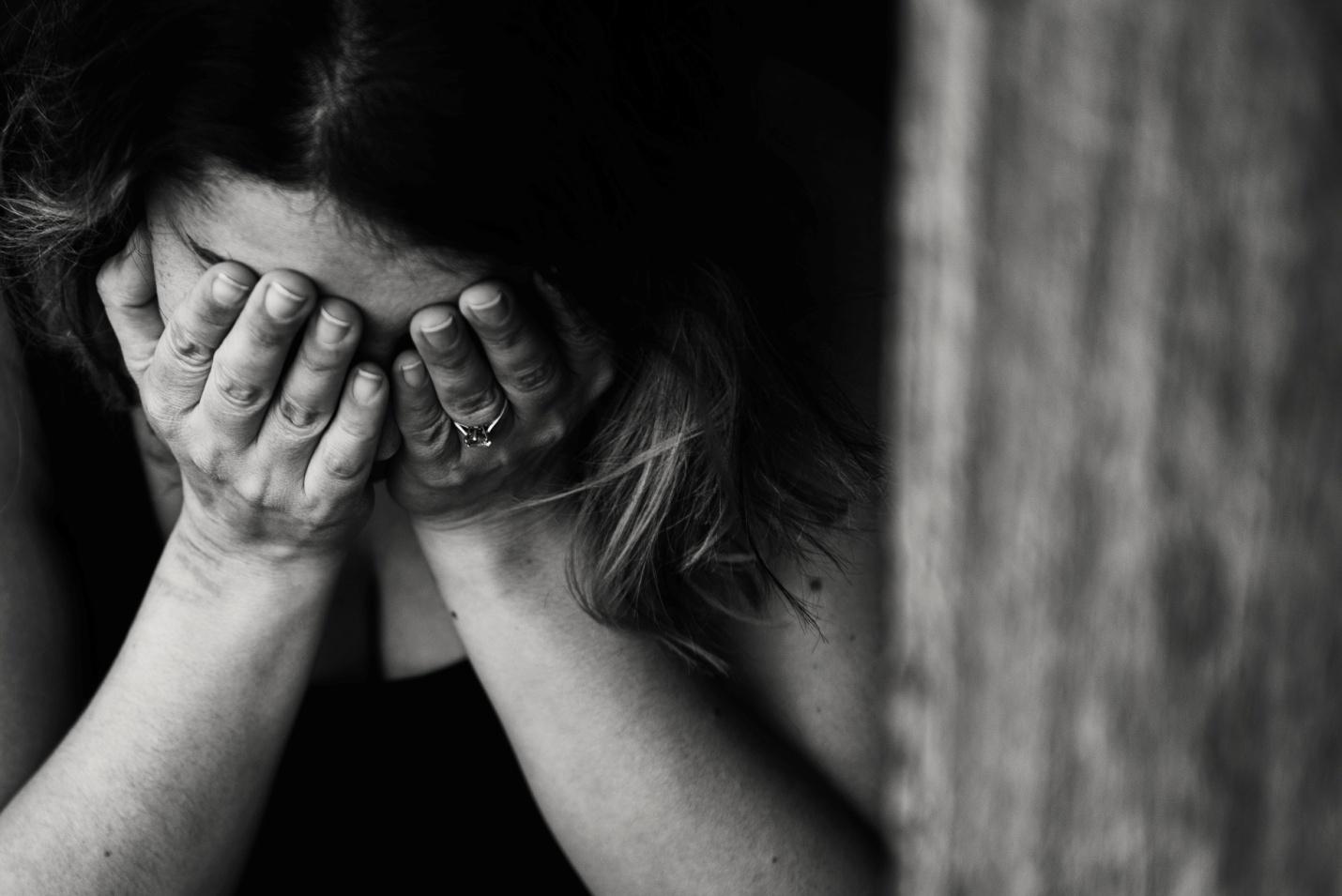Spotting the Signs of Economic Abuse and How to Rebuild Yourself After

Economic abuse can manifest itself in various forms. For instance, it can include being financially dependent on your spouse and being denied access to bank accounts, information, and decision-making rights. Having no choice regarding purchases is also an example of economic abuse, as well as not having enough money to pay essential bills.
Among women who experience intimate partner violence, 95% of those women also experience economic abuse.
Last year, during the COVID-19 pandemic, the Canadian Center for Women’s Empowerment, (CCFWE) conducted a study on Economic Abuse in the National Capital Region.
The study showed that;
- 80-95% of participants said that abusers engaged in actions like stealing their money or credit cards, spending their rent money, building up debt in the victims’ name, or threatened them if they try to go to work.
- 69% to 78% of participants agreed that they were concerned about their access to housing, employment and education due to their current or former partner’s actions before, during, and even after the pandemic.
- Out of a list of service providers, participants ranked financial institutions as the least helpful to them during COVID-19.
- A third of participants found their access to services worsening during the pandemic, and 64% felt unsafe calling services because their abusers were at home.
Link https://ccfwe.org/research/
If you believe you’re a victim of this, keep reading.
Signs of economic abuse
They control your finances
There are couples who have a designated chief financial officer between them to manage their expenses, which is normal. However, when a partner takes control of the finances and refuses to give the other access, know it’s a huge red flag. This can come in the form of your partner becoming unusually interested in your finances, using your money without asking or repaying, accessing your bank statements and records without permission, controlling how you use your money, and demanding access to your salary, bank account, and cards.
They forbid you from working
Forbiddance from working in order to earn is also economic abuse. They may discourage you from working by assuring you they’ll take care of your finances, or sabotage your ability to do so by abusing you prior to work, resulting in showing up unprepared or distracted. Your partner may also tell you where and when you can work, or force you to quit your job so you become financially dependent on them.
They deny access to needs
Another form of financial abuse is stripping away your self-sufficiency. When your partner withholds food, transportation, and other resources from you, they deny your access to necessities. They may disguise this as “taking care” of you, but in reality, they do not want you to have access to your money. Thus, you won’t have the freedom to take care of yourself, leading you to become dependent on them. Doing this will also isolate you from others, preventing you from seeking help.
How to rebuild yourself
Look for opportunities to earn
Having gotten out of the relationship, search for earning opportunities. Gaining back your sense of independence is not only crucial for your self-development and healing, but also for your financial benefit. When you’re ready, search for jobs that you qualify for and start applying. You can also earn by running your own business.
If you have skills you can utilize such as crochet or pottery, sell your products. This option is better for those who are yet to be comfortable enough to leave their home in order to earn.
Regain control of your money
As you recover and gain independence, you should also regain control of your money. One wealth building tip women should practice is managing their own money in a manner that best suits their needs. Now that no one else controls your finances, you can choose where your money goes. Do this by reading about personal finance, setting small goals, budgeting your money, and paying off debt. Therefore, you’ll be ready for any financial challenges that may come your way.
Start planning your future
Seeing as you have a source of income and regained control of your finances, start planning to maximize your money. First, track your expenses each month to know where you need to allocate your money. Through this, you get an idea of how much your monthly budget should be to prevent overspending. Set aside a portion of your earnings for taxes, insurance, and retirement since those are vital for the future.
Other things to consider are investments for passive income. These will not only help you achieve financial independence but also allow you to heal by regaining control of your life.
If you need any help in rebuilding your finances, know that the Canadian Center for Women’s Empowerment (CCFWE), in partnership with Project Recover, is providing support for survivors of financial and economic abuse. You can book an appointment with Project Recover through our website.
Economic abuse is not to be taken lightly, as it not only damages a woman financially but also emotionally and mentally. Victims of economic abuse must be helped so they may rebuild themselves.
Exclusively written for CCFWE.org
By: Rozlyn Jaslynn






